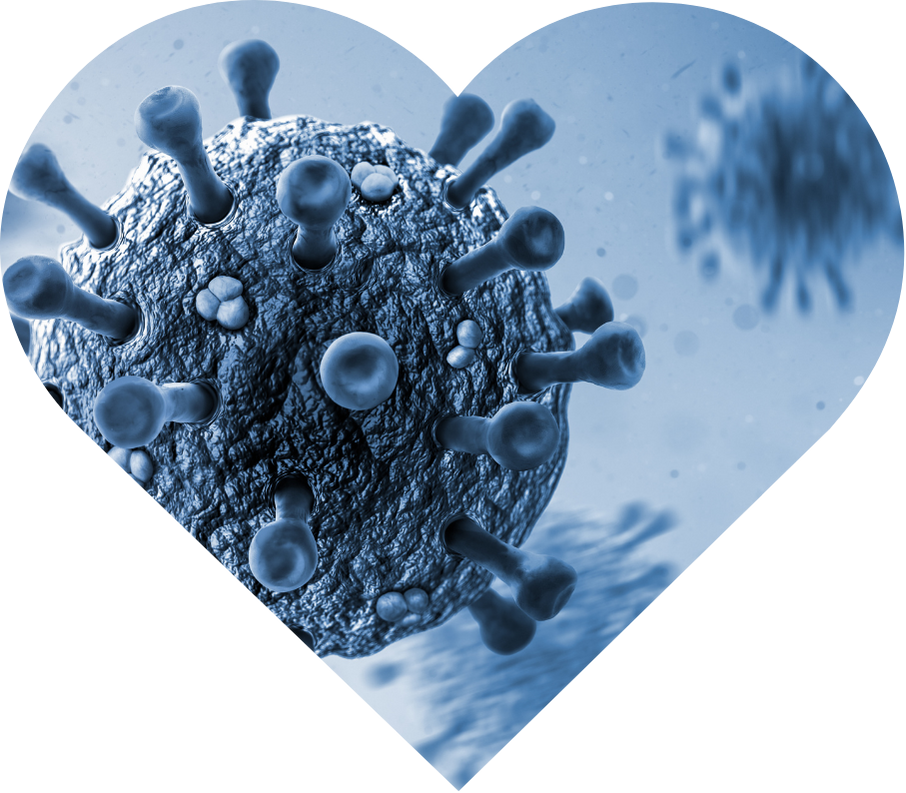Imagine a future where your children are hardly ever hindered by winter infections because they have learned from a young age to cleverly modulate their immune response – not with ever-new pills, but with proven strategies from the kitchen and culture. This vision does not begin in a laboratory, but in your cup and on your plate: a spoonful of honey before bedtime, an aromatic hint of garlic in the dinner. What is old suddenly appears modern when viewed through the lens of current science.
Colds are typically infections of the upper respiratory tract, caused by viruses such as rhinoviruses or coronaviruses. What matters is how our immune system reacts: An exaggerated inflammatory response exhausts, while a too-weak one prolongs symptoms. This is where functional foods come into play. Honey is a complex natural product containing sugars, polyphenols, and antimicrobial peptides. Garlic, botanically known as Allium sativum, contains bioactive sulfur compounds such as allicin. When we talk about Immunmodulationtargeted alteration of the immune response to dampen inflammation or strengthen defense cells, we mean exactly this subtle influence. Traditional home remedies are not a substitute for severe infections, but they can alleviate symptoms and support self-regulation – an advantage for high performers who want to recover quickly.
Two effects are particularly relevant for everyday life: symptomatic relief and better immune balance. Honey has been shown in clinical contexts to reduce nighttime cough and associated sleep disturbances – sleep, in turn, is the strongest regenerating factor for the immune system [1]. Less coughing, more deep sleep: This is directly relevant for performance. Garlic affects central inflammatory pathways and can lower pro-inflammatory cytokines as well as stabilize defense cells. This immunomodulatory effect is being discussed as a preventive lever against viral infections, particularly in the context of respiratory viruses [2]. The dosage form is important: Large amounts of raw garlic products can irritate the gastric mucosa – even leading to erosions in experimental observations [3]. The health essence: dose wisely, choose suitable preparations, and link the effects with sleep, hydration, and nutrient density.
Clinical evidence for honey comes from studies with children suffering from upper respiratory infections: A dose before bedtime reduced cough intensity and improved sleep as perceived by both parents and children. The relevance is practical: better sleep accelerates convalescence and lowers stress levels, without the risks of many over-the-counter cough remedies [1]. For garlic, the focus of the evidence is on immunological markers and plausible antiviral properties. Summaries of the data suggest that Allium sativum compounds can dampen pro-inflammatory cytokines and mitigate imbalances in immune cells, such as T-cell suppression. These mechanisms support the idea of a preventive benefit against viral respiratory infections – relevant during times of high stress when excessive inflammation costs performance [2]. At the same time, safety research warns about formulation: Dehydrated raw garlic preparations and certain enteric-coated products can irritate the gastrointestinal mucosa, while aged extracts were found to be less problematic in these studies. This emphasizes that “natural” does not automatically mean “gentle,” but that preparation makes the difference [3].
- Use honey strategically before sleeping: Dissolve 1 teaspoon pure or in warm (not boiling) water/tea to alleviate nighttime coughs and stabilize sleep [1]. Not suitable for children under 1 year.
- Timing for performance: Use honey in the evening if early training is scheduled the next day to support sleep quality; good sleep accelerates recovery and immune function [1].
- Integrate garlic practically into daily life: 1–2 small cloves finely chopped in cooked dishes, sauces, or dressings. Sauté gently instead of swallowing raw; this maintains tolerance while preserving immunomodulatory benefits [2].
- Choose tolerable forms: If using supplements, prefer aged garlic extract (AGE) or gently prepared products; avoid large amounts of raw garlic and powdered, enteric-coated products to prevent gastric irritation [3].
- Synergy for the cold week: Hydration, 7–9 hours of sleep, nutrient-dense food (protein, vegetables, berries). Honey as a cough aid, garlic as a preventive kitchen staple – both in moderate, well-tolerated doses [1] [2].
The next few years will clarify which garlic preparations offer the strongest immunomodulatory effects with the best tolerance – particularly in preventive settings. For honey, it will be exciting to see whether different varieties and dosing regimens can further optimize sleep and cough relief. Until then: smart selection, clean preparation, consistent timing.
This health article was created with AI support and is intended to help people access current scientific health knowledge. It contributes to the democratization of science – however, it does not replace professional medical advice and may present individual details in a simplified or slightly inaccurate manner due to AI-generated content. HEARTPORT and its affiliates assume no liability for the accuracy, completeness, or applicability of the information provided.












